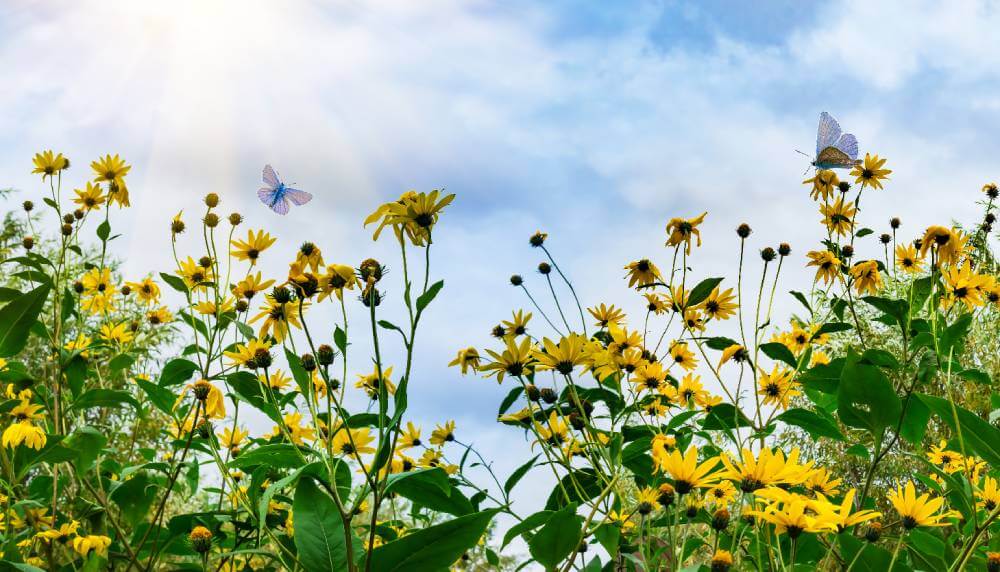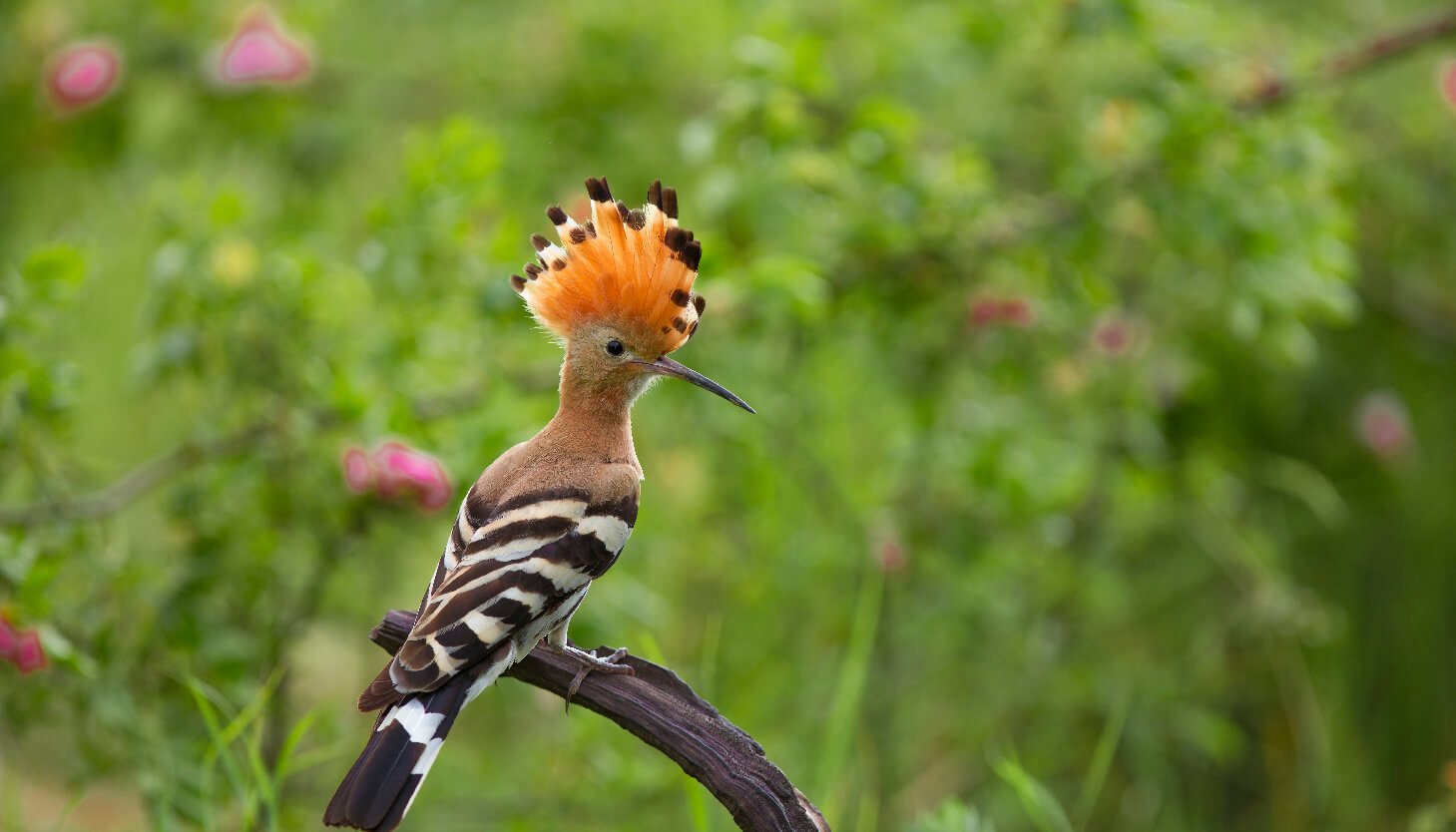No more… Silent springs

Pay careful attention to what I’m about to tell you.
A water analysis from the Pantano del Retortillo, which supplies the entire consortium network, detected a pesticide “slightly” above the permitted limit. A pesticide compound (MCPA) for agricultural use (0.11 micrograms/liter) exceeds the legal limit (0.10 micrograms/liter).
It appears that the source of this pesticide is agricultural production in the reservoir’s vicinity. It should be noted that the new Écija Plan legislation allows for the establishment of a daily limit of 0.1 micrograms per liter or 0.5 micrograms per liter, as determined by the corresponding health authority.
And I assume we all wonder whether we need to be reminded of current legislation when discussing our health and the environment’s future.
Engaged Farmers
Given the harm already done to the environment, just “sustaining” our ecosystems may not be enough to offset climate change and ensure agricultural productivity in the long run.
However, we can look forward to the future because, as the world’s population increases and awareness of more sustainable food production rises, so does the number of consumers, producers, and policymakers who are interested in transforming agriculture to more sustainable, less polluting, more environmentally friendly models.
Models that entail a shift in farming practices:
- Soil enrichment by the application of pre and probiotics.
- Reduction in the use of synthetic pesticides and fertilizers, using priming products (elicitors), biopesticides, biostimulants, and pre and probiotics.
- Reduction of fertilizer losses due to leaching or evaporation while maintaining soil fertility, with the use of pre and probiotics.
- Efficient water and nutrient management, irrigation system digitization, and the use of microorganisms to unblock nutrients in the soil and make them bioavailable for cultivation.
- Consider cultivation of food in a holistic and environmentally friendly manner, using natural products based on bioactive molecules from botany, microbiology, and microalgae
Using these models, many growers are now turning toward natural productivity, which increases farm sustainability while still providing a sustainable future in rural communities that is mindful of people’s health and the environment.
To make the transition from a conventional to a natural agricultural model, there are five fundamental principles to fulfill:
- Ensure natural productivity.
- Restrict the use of fertilizers to reduce soil disturbance and contamination of the environment.
- Reduce the use of chemical inputs to the highest extent possible, favoring toxic-free environments that foster biodiversity.
- Produce healthy and balanced food while emphasizing its organoleptic qualities: flavor and aroma.
- Preserving rural communities by restoring the farmer’s prestige for producing healthy, sustainable food.
A bit of history
Crop yields around the world rose dramatically between 1950 and the turn of the century. For instance, since 1960, the global average cereal yield has increased by 175%. In the Netherlands, one hectare of apple trees produced 6 tons in 1950 and 44 tons in 2015. These advantages were achieved primarily through synthetic inputs, which are unsustainable in the long run, and through methods that have led to soil degradation and erosion, such as chemical disinfection of soils, which destroys soil microorganisms (soil microbiota).
The challenge (perhaps the greatest) that agriculture faces in the 21st century is to maintain production and productivity capable of ensuring global food affordability while also ensuring the profitability of those who work hard to grow food, our farmers, using natural, organic, and biological products and methods.
Natural and Productive agriculture

At KIMITEC, we work with facts, not just our results, focusing on the broad industry in which we actively collaborate, assisting in its transformation to a greener and more sustainable agricultural model through research and development of innovative natural inputs, which we develop at the MAAVi Innovation Center.
Farm to Fork Strategy
On February 5, several amendments were submitted to the European Parliament’s opinion paper on the well-known “From Farm to Fork” strategy.
It is intended to strengthen aspects related to environmental, economic, and social problems, while also promoting biodiversity and maintaining agricultural production, because otherwise, European agriculture would be crushed.
If Europe wishes to meet climate change goals, improve food security, protect agricultural resources, and build a healthier food system, it must drive these reforms by enacting specific regulations for biopesticides, which we currently lack but are obviously capable of achieving, just as we did with the COVID-19 vaccine approval processes in less than a year.
Create Multifunctional Agroecosystems
The Committee of United Nations World Food Security argued in a 2019 report on the world food system that “agroecology,” a broad methodology that applies “ecological values to agriculture and ensures a regenerative use of natural resources and ecosystem services,” will support world food production.
This was echoed in the FAO’s 2015 State of World Soil Resources survey, which stated that “food production processes would have to adapt to build multifunctional agroecosystems capable of maintaining a balance between yields, soil functions, and biological diversity.”
According to the 2018 Survey of Marketing of Phytosanitary Products, INORGANIC fungicides account for 85.6% of total Fungicides and Bactericides and 44.5% of total active substances sold in Spain, with Microbiological or of Organic Origin accounting for just 2.1 % of total Insecticides and Acaricides.
Innovate to Increase Productivity
Because there is a sense of urgency and a scarcity of resources, this is the perfect time to innovate. KIMITEC continues to invest millions of euros and initiatives to expedite this transition, which many growers are already pushing for in order to maintain or increase productivity.
Developing natural solutions that help farmers improve their industrial potential by producing productive, healthy, and profitable crops. With products born in Europe’s largest natural agriculture research center, the MAAVi Innovation Center, whose name is the acronym for “Making A Vision.”
The Death of Songbirds
A vision shared by pioneers in the field including Rachel Carson, whose inspirational video I encourage you to watch here.

Rachel Carson brought into question the use of synthetic chemicals in agriculture and their negative effects on the environment. She did this after receiving a letter detailing the deaths of songbirds due to the use of the insecticide DDT (dichloro diphenyl trichloroethane).
She published her findings in a book titled “Silent Spring” two years before dying of cancer in 1962. Rachel was both praised and criticized for claiming that if the insecticide was not discontinued, all birds on the planet would disappear.
It was not until 2005, nearly 50 years later, that the United Nations Environment Program (UNEP) held the first meeting of the Stockholm Convention on Persistent Pollutants in May of that year, resulting in the elimination of 12 pesticides and industrial chemicals considered dangerous which can kill people, harm the nervous and immune systems, cause cancer and reproductive disorders, and disrupt the growth of infants and children, among which DDT, for example, was classified as “highly toxic” because it is stable and persistent, enduring for decades before degrading. They can evaporate and travel long distances through air and water, accumulating in human and wild species adipose tissue.
As a result, I believe we must fight for No More Silent Springs and continue to develop a model of natural, productive, and profitable agriculture in the way that KIMITEC envisions this urgent need.
Because… “Those who dwell among the beauties and mysteries of the earth are never alone or weary of life.” Rachel Carson.
